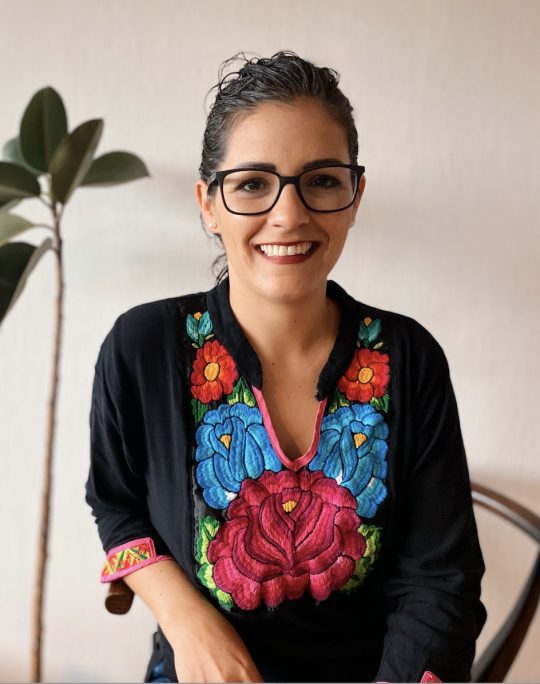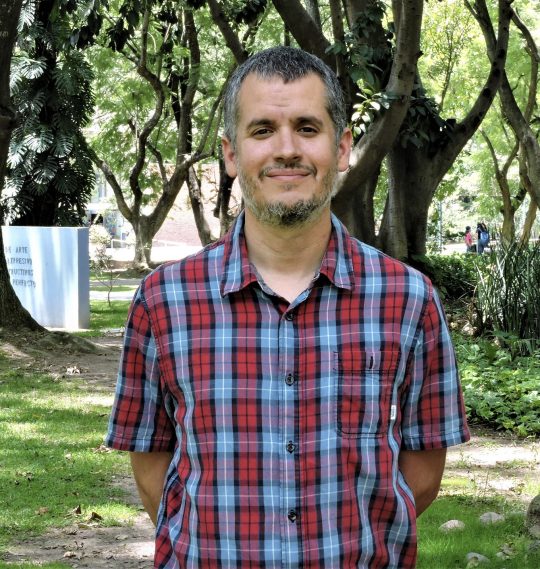
Mexico
Strengthening Small Family Businesses in Tequila, Mexico
- Status
- Completed Research
- Research Year
- 2021-22
Family businesses make up over 60 per cent of enterprises in Mexico. In the region of Tequila, artisanal family businesses play a crucial role in preserving the traditional customs and heritage of the region. The presence of the Tequila industry provides both socio-economic and cultural opportunities and barriers for artisanal businesses. In collaboration with students from ITESO, Universidad Jesuita de Guadalajara, this case study report examines how artisanal family businesses in Tequila achieve multifaceted business sustainability, including financial security, positive social impact and the preservation of traditional practices over time. The case study report will be used by artisanal businesses in the community to better operationalize their own family business models as well as improve collaboration and learning across the community.
Researchers
Mentors
-

University of Toronto
Erica Di Ruggiero
Associate Professor of Global Health and Director of the Centre for Global Health, Dalla Lana School of Public Health, University of Toronto
-

Rebeca Acevez
Professor of Community Project Design, Reality Analysis, ITESO
-

Gregorio Leal
Interdisciplinary Center for Education and Social Outreach (CIFOVIS)
-

Andrea Monica Fellner-Grassmann
Director of Interdisciplinary Center for Training and Social Liaison (CIFOVIS)




